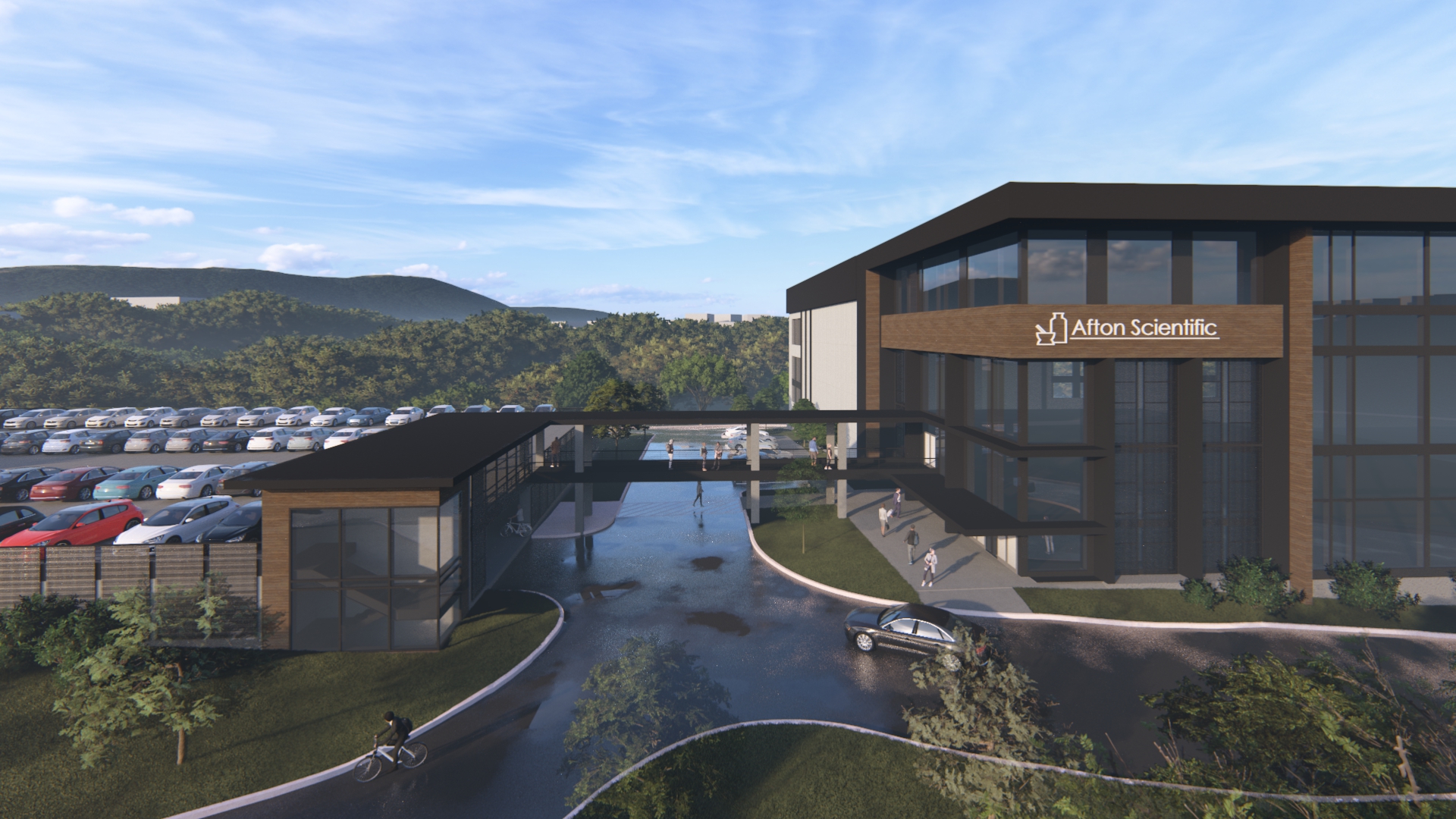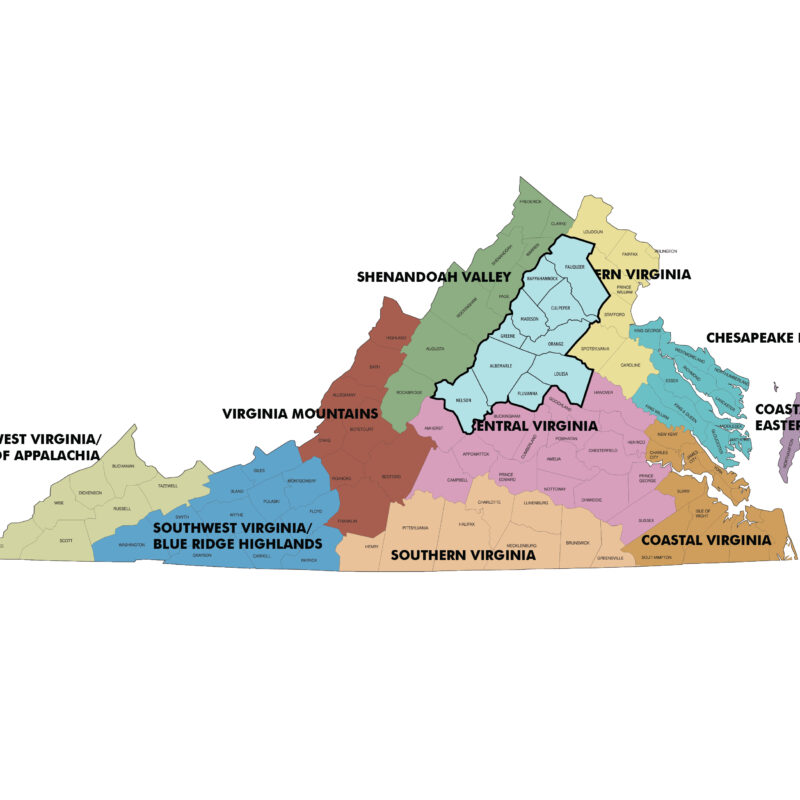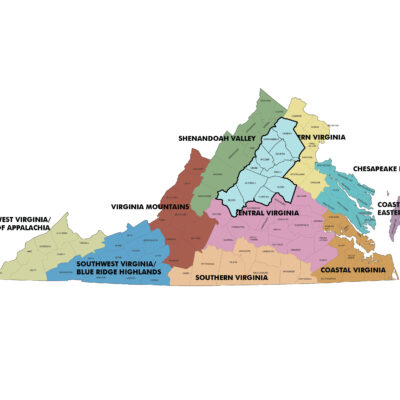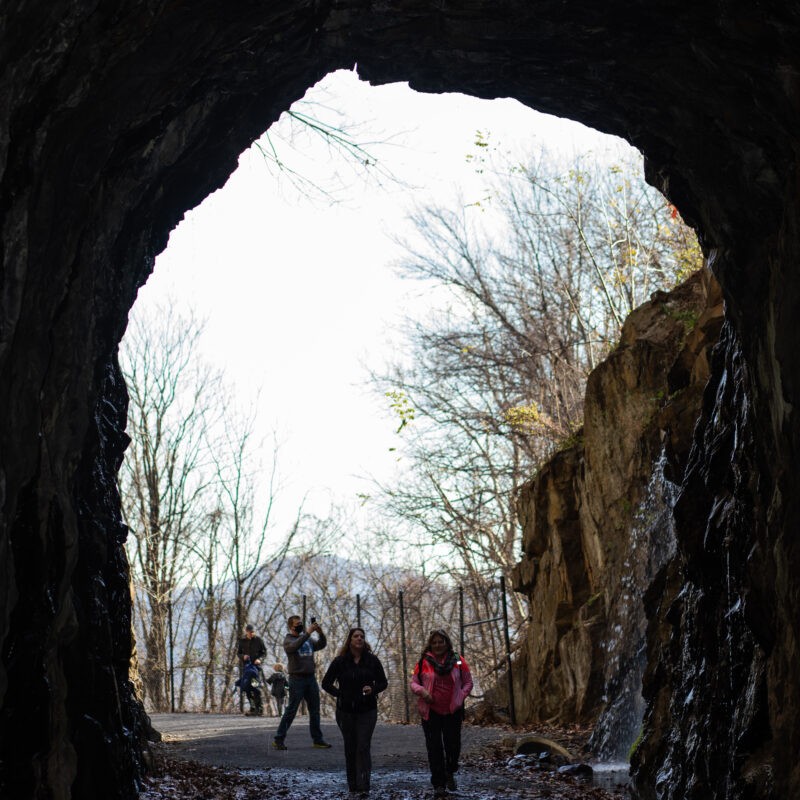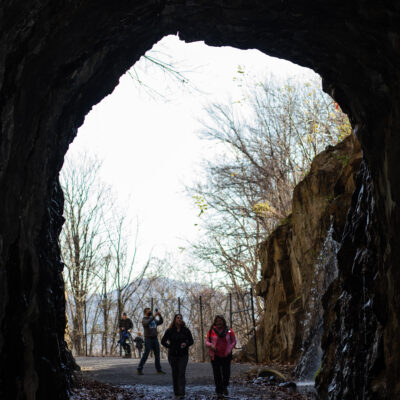Albemarle County is in the fourth year of updating its Comprehensive Plan, a document intended to guide the future. But work on a new economic development strategic plan is happening much faster.
“We’re not working on an economic development plan for a community that’s in decline,” said Steven Pedigo of Resonance, the firm hired to conduct the work. “There is a lot of momentum happening in the county that really sets us up to do really outstanding work together.”
Pedigo briefed county supervisors on the draft document on May 21, including a vision statement that calls for Albemarle to “lead the way in Virginia’s next innovation economy.” He said existing strengths include the University of Virginia and the county’s investment in the Rivanna Futures project.
Albemarle wants to continue harnessing economic development efforts in order to help increase the share of county revenue that comes from commercial entities. Pedigo said the goal is to become less reliant on residential taxes.
Earlier in the meeting, supervisors had another briefing on Cost of Community Services, a document that provides a financial snapshot. In 2022, Albemarle collected $264.8 million in revenue from residential land, but spent $346.7 million in services for residents, or 90.11 percent of total expenditures.
Supervisor Michael Pruitt said he wanted to make sure the economic development plan was about creating opportunities for everyone and not just about making more money for people at the top. He said he would want to see more investment in companies like Afton Scientific, which announced a major expansion last October.
Pruitt said Afton offers career-ladder jobs that can lead to good wages for people who can learn on the job.
On the subject of agribusiness, Pruitt said many in the rural area might have input on Strategy 3.1, which reads, “Updated tools to support flexible agribusiness operations, value-added production, and agricultural technology enterprises.”
“I need to hear what the horse estates think about this,” Pruitt said. “I need to hear what the Farm Bureau thinks about this. And I don’t know that they’re blowing up my phone yet because I’m not sure it’s on their radar.”
Supervisor Ann Mallek said she wanted more information about what it means to have a “modernized agribusiness economy.”
“What does that mean?” Mallek asked. “Are we talking about the local food direct to consumer, which we’ve been … working very hard on since 2010, or something else?”
Economic Development Director Emily Kilroy said some stakeholders currently have to ship their goods in order to process them into something that can be sold to the consumer.
“Some of the ag businesses described when we were sitting down with them at a roundtable that for them to be able to scale their business, they need some light industrial-type facilities that the current zoning code does not allow in the rural area where their business is located,” Kilroy said.
Supervisor Diantha McKeel said she could see the concern on some people’s faces in the audience as Pedigo went through the various strategies. She said it will be crucial to explain to county residents that economic development can help improve people’s lives by attracting jobs with high wages.
“For many people in our community, they’re very satisfied, they’re very happy, they don’t see any need to change,” McKeel said. “And I think there are many other people in our community who aren’t able to live in our community.”
Albemarle Supervisors will have a joint work session on the plan with the Economic Development Authority on August 13.
Biotech company Afton Scientific will add 200 jobs in Albemarle County. Photo: Scott Collins, Collins Engineering.
